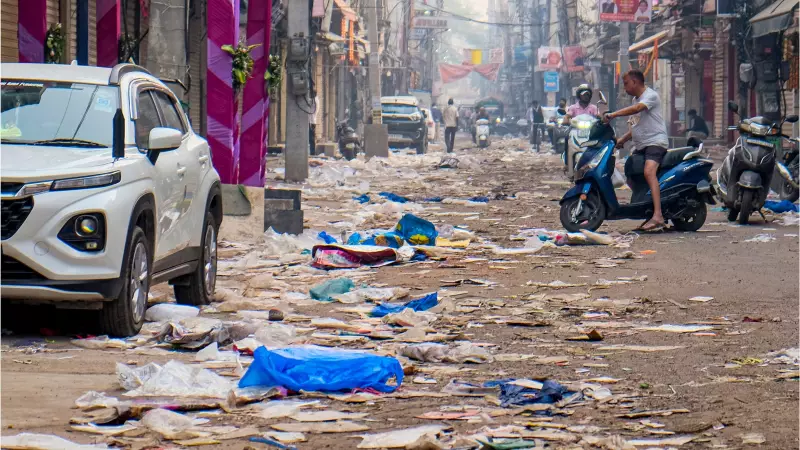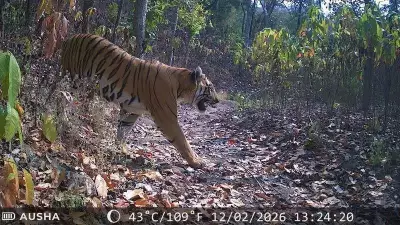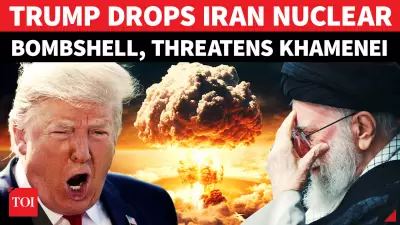
The festive cheer of Diwali has given way to environmental concerns across Punjab as the state witnessed a significant deterioration in air quality following the celebration. Despite government restrictions on firecrackers, multiple cities recorded alarming pollution levels in the aftermath of the festival.
Widespread Air Quality Decline
According to recent data from the Punjab Pollution Control Board (PPCB), several major cities experienced a sharp decline in air quality parameters. The Air Quality Index (AQI) readings revealed a troubling pattern across the state, with many areas slipping into the 'Poor' to 'Very Poor' categories.
Bathinda emerged as one of the worst-affected cities, recording an AQI of 269, which falls squarely in the 'Poor' category. The industrial city of Mandi Gobindgarh followed closely with an AQI of 246, while Khanna registered 244. These figures represent a significant worsening of air quality compared to pre-Diwali levels.
Partial Compliance with Restrictions
Environmental officials noted that while there was some compliance with the two-hour time restriction for firecracker bursting between 8 pm and 10 pm, widespread violations occurred across residential areas. The familiar post-Diwali scenario of hazy skies and poor visibility returned to haunt the state, raising concerns about public health impacts.
PPCB officials reported that monitoring stations across the state consistently showed deteriorating air quality parameters through the night of celebrations and into the following morning. The combination of firecracker emissions and adverse meteorological conditions created the perfect storm for pollution accumulation.
Regional Variations in Pollution Levels
Interestingly, not all cities experienced equally severe pollution. Jalandhar recorded a relatively better AQI of 221, still in the 'Poor' category but notably better than other major urban centers. This variation highlights how local factors, including wind patterns and population density, influence pollution dispersion.
The data clearly indicates that despite awareness campaigns and regulatory measures, traditional Diwali celebrations continue to exert substantial pressure on Punjab's air quality. Environmental experts emphasize the need for more effective implementation of restrictions and greater public cooperation to mitigate the annual pollution spike.
As the state grapples with this recurring environmental challenge, questions arise about the effectiveness of current policies and the need for more sustainable celebration practices that don't compromise public health and air quality.






